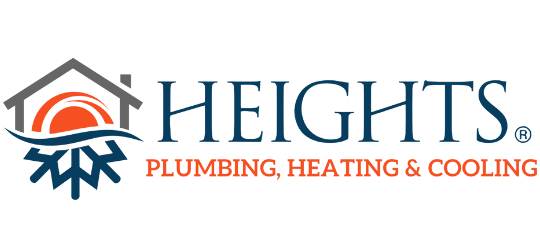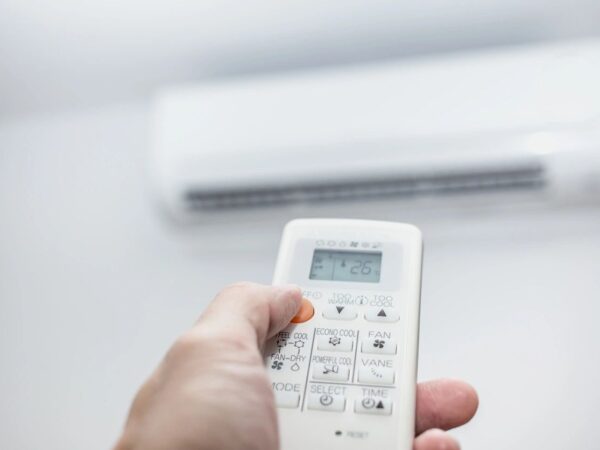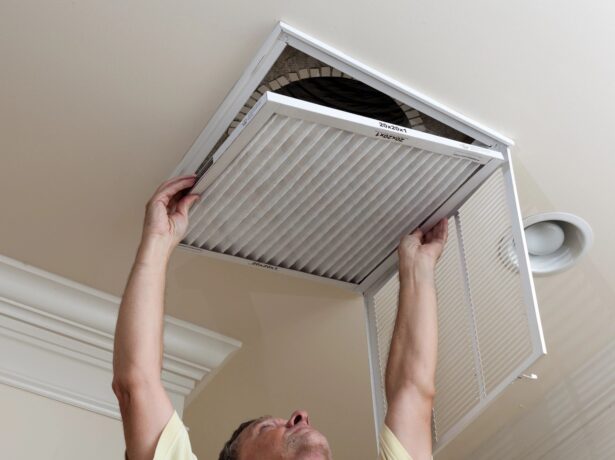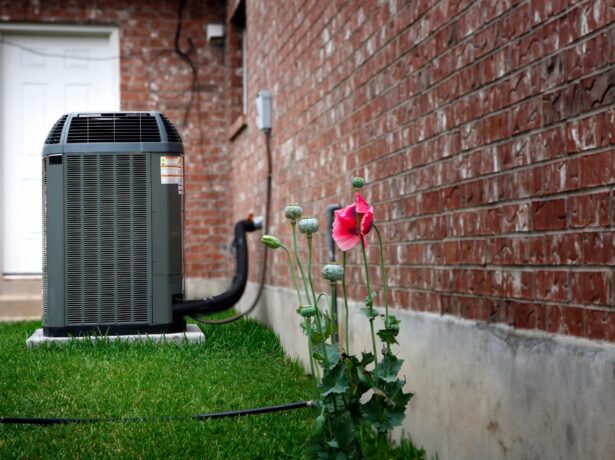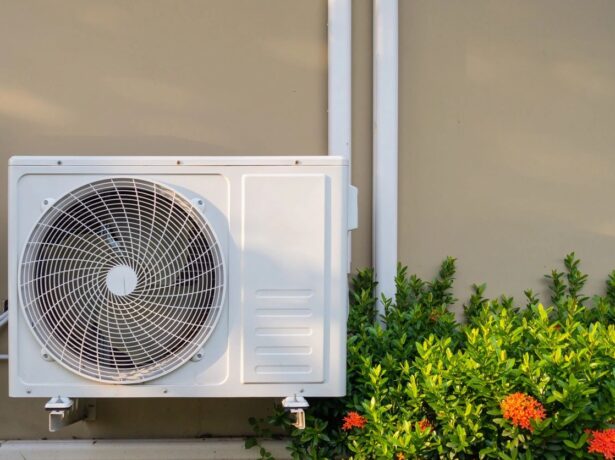Welcome to the Climate Control Chronicles, your ultimate guide to navigating the seasons with professional HVAC insights. From scorching summers to bone-chilling winters, we’ve got you covered. With years of experience in the industry, our team of experts will walk you through everything you need to know about climate control.
What is climate control and why is it important?
Climate control refers to the regulation of temperature, humidity, and air quality in indoor spaces to ensure comfort and well-being. It plays a crucial role in maintaining a pleasant and healthy environment, whether it’s at home or in the workplace. Effective climate control is important for several reasons. Firstly, it ensures that the temperature is at an optimum level, preventing discomfort and health issues associated with extreme heat or cold. Secondly, it helps to regulate humidity levels, preventing the growth of mold and bacteria, which can have adverse effects on health. Finally, climate control systems help to filter and purify the air, removing pollutants and allergens, ensuring the air we breathe is clean and fresh.
Having a well-functioning HVAC system is essential for climate control. HVAC stands for heating, ventilation, and air conditioning, and it is responsible for maintaining the desired temperature, humidity, and air quality in indoor spaces. A properly installed and maintained HVAC system can significantly improve the comfort and quality of life.
The impact of weather on HVAC systems
The weather has a direct impact on the performance and efficiency of HVAC systems. Extreme temperatures, such as scorching summers or freezing winters, can put a strain on HVAC systems, causing them to work harder and consume more energy. This not only leads to higher energy bills but also increases the risk of system breakdowns and malfunctions. Additionally, humidity levels can affect the efficiency of HVAC systems, as excessive moisture in the air can make it harder for the system to cool or heat the space effectively.
It is important to understand how weather conditions can affect your HVAC system so that you can take appropriate measures to ensure its optimal performance. Regular maintenance, timely repairs, and upgrades can help mitigate the impact of weather on your HVAC system and extend its lifespan.
Understanding the different seasons and their effects on HVAC
Each season brings its own set of challenges for HVAC systems. Understanding the effects of each season can help you prepare and optimize your HVAC system accordingly.
Spring
As the weather starts to warm up, it’s a good time to schedule a maintenance check for your HVAC system. This will ensure that it is in good working condition and ready for the summer months ahead. During spring, you may also want to consider cleaning or replacing your air filters, as pollen and other allergens tend to be more prevalent during this time of the year.
Summer
Summer can be particularly demanding on HVAC systems, especially during heatwaves. To keep your home cool without putting excessive strain on your HVAC system, consider using fans to circulate air and keep blinds or curtains closed during the hottest parts of the day. Regularly cleaning and maintaining your outdoor unit can also improve its efficiency.
Fall
Fall is a transitional season when temperatures start to drop. It’s a good time to schedule another maintenance check for your HVAC system to ensure that it is ready for the heating season. Check for any leaks or drafts around windows and doors, as they can impact the efficiency of your HVAC system.
Winter
Winter brings cold temperatures, and your HVAC system will be working hard to keep your home warm and comfortable. Make sure to change your air filters regularly to maintain optimum airflow. Insulating your home properly can also help reduce the workload on your HVAC system and improve energy efficiency.
HVAC maintenance tips for each season
Proper maintenance is key to ensuring the optimal performance and longevity of your HVAC system. Here are some maintenance tips for each season:
Spring:
- Schedule a professional maintenance check to inspect and clean the system.
- Clean or replace air filters to improve airflow.
- Check and clean the outdoor unit to remove any debris.
Summer:
- Clean and clear the area around the outdoor unit to ensure proper airflow.
- Check and clean the condensate drain to prevent clogs.
- Monitor the refrigerant levels and recharge if needed.
Fall:
- Schedule a professional maintenance check to prepare your HVAC system for the heating season.
- Inspect and seal any leaks or drafts around windows and doors.
- Test the heating system to ensure proper functionality.
Winter:
- Change air filters regularly to maintain good indoor air quality.
- Keep vents and registers clean and unobstructed.
- Test your heating system and address any issues promptly.
Energy-saving strategies for climate control
In addition to regular maintenance, there are several energy-saving strategies you can implement to enhance climate control and reduce your energy consumption.
- Install a programmable thermostat to optimize temperature settings based on occupancy patterns.
- Use natural ventilation to cool your home during mild weather.
- Seal air leaks in windows, doors, and ductwork to prevent energy loss.
- Upgrade to energy-efficient HVAC equipment that meets current efficiency standards.
- Use ceiling fans to circulate air and reduce the workload on your HVAC system.
Implementing these energy-saving strategies can not only help you save money on your energy bills but also reduce your carbon footprint.
Common HVAC problems during extreme weather conditions
Extreme weather conditions can put a strain on HVAC systems, leading to common problems such as:
- Frozen evaporator coils: In hot weather, if the airflow is restricted or the refrigerant levels are low, the evaporator coils can freeze, reducing the cooling capacity of the system.
- Overheating compressor: In extreme heat, the compressor can overheat and shut down, causing the HVAC system to malfunction.
- Short cycling: Rapidly turning on and off can indicate a problem with the thermostat, airflow, or refrigerant levels, and can lead to increased energy consumption and wear on the system.
- Inadequate heating or cooling: If your HVAC system is not providing sufficient heating or cooling, it could indicate a problem with the thermostat, ductwork, or the system itself.
It’s important to address these issues promptly by contacting a professional HVAC technician to prevent further damage and ensure your system is working efficiently.
The role of smart technology in climate control
Advancements in technology have revolutionized the HVAC industry, making climate control more convenient and efficient than ever before. Smart technology allows homeowners to remotely control and monitor their HVAC systems through mobile apps or voice commands. Here are some ways smart technology is enhancing climate control:
- Remote access: With smart thermostats, you can adjust the temperature of your home from anywhere, ensuring comfort and energy savings even when you’re away.
- Learning algorithms: Smart thermostats can learn your preferences and automatically adjust temperature settings based on your daily routine, maximizing comfort and energy efficiency.
- Energy monitoring: Smart technology provides real-time energy usage data, allowing you to identify energy-wasting habits and make adjustments to save on energy costs.
- Integration with home automation systems: Smart HVAC systems can be integrated with other smart devices in your home, such as lighting and security systems, for seamless control and energy management.
Investing in smart technology can not only enhance your comfort but also help you save on energy costs and reduce your environmental impact.
Choosing the right HVAC system for your climate
Selecting the right HVAC system for your climate is crucial for optimal performance and energy efficiency. Here are some factors to consider when choosing an HVAC system:
- Climate zone: Different HVAC systems are designed to perform optimally in specific climate zones. Consider the temperature and humidity levels in your area to determine the most suitable system for your needs.
- Size and capacity: Ensure that the HVAC system you choose is appropriately sized for your space. An oversized or undersized system can lead to inefficient operation and increased energy consumption.
- Energy efficiency: Look for HVAC systems with high energy efficiency ratings, such as ENERGY STAR certified products. These systems are designed to consume less energy while providing the same level of comfort.
- Advanced features: Consider features such as variable-speed fans, two-stage compressors, and zoning capabilities, which can enhance comfort and energy efficiency.
Consulting with a professional HVAC contractor can help you determine the best HVAC system for your specific climate and requirements.
HVAC industry trends and advancements in climate control
The HVAC industry is constantly evolving, driven by advancements in technology and a growing focus on energy efficiency and sustainability. Here are some trends and advancements shaping the future of climate control:
- Geothermal heating and cooling: Geothermal systems utilize the constant temperature of the earth to provide efficient heating and cooling. These systems are highly energy-efficient and environmentally friendly.
- Solar-powered HVAC: Solar-powered HVAC systems harness the power of the sun to generate electricity, reducing reliance on traditional energy sources and lowering carbon emissions.
- Air purification technology: Advanced air purification systems are becoming increasingly popular, providing cleaner and healthier indoor air by filtering out pollutants, allergens, and pathogens.
- Smart zoning systems: Zoning systems allow homeowners to divide their space into different zones and control the temperature independently in each zone, optimizing comfort and energy efficiency.
- Internet of Things (IoT) integration: IoT technology enables seamless communication and integration between HVAC systems and other smart devices in your home, allowing for enhanced control, automation, and energy management.
These advancements are paving the way for more efficient, sustainable, and intelligent climate control systems in the future.
Conclusion: Ensuring comfort and efficiency all year round
Climate control plays a vital role in maintaining a comfortable and healthy indoor environment. By understanding the impact of weather on HVAC systems, implementing proper maintenance, and utilizing energy-saving strategies, you can optimize the performance and efficiency of your HVAC system. Smart technology and advancements in the HVAC industry are further enhancing climate control, providing homeowners with greater control, comfort, and energy savings. Remember to choose the right HVAC system for your climate and consult with professionals for expert advice and assistance. With the guidance provided in the Climate Control Chronicles, you can navigate through the seasons with ease and ensure comfort and efficiency all year round.
